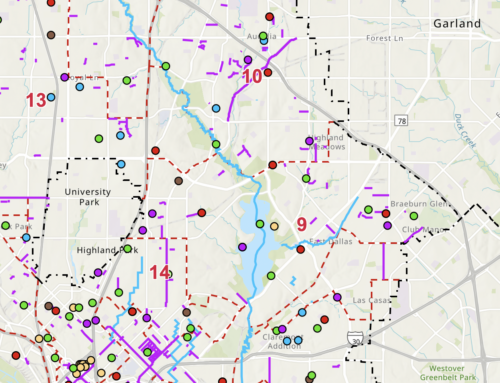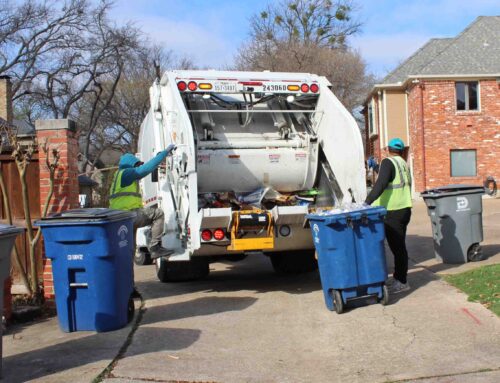One important fact has been overlooked in the debate about building a new Downtown sports arena.
If we don’t want it, we don’t have to have it.
In Dallas today, there is neither the money in the City budget nor the political will on the City Council to build the arena if the taxpayers don’t want it. Why else are we still talking about it six months after it was supposed to be a done deal?
This may come as a surprise to a lot of people who still seem to think that all important decisions in Dallas are made by the privileged few. These sorts are easy to recognize: They’re the wise guys who can be seen talking out of the side of their mouths, whispering that the fix is in and that the arena is a done deal – regardless of what those of us who must pay for it think.
This may have been true 20 years ago, but it’s not true today, as regular readers of this space know.
Dallas has changed, and it’s time for everyone – on both sides of the political equation – realized it.
The City has an elected government that is responsible to the people who elect it. Our 14-1, city manager set-up may not be a workers’ soviet, but it’s no banana republic, either.
This is a fact, more concrete than any scenario about closed-door deals in smoke-filled rooms.
There may very well be a group that wants to ramrod a new arena through the Council, with little discussion about whether we need it or how we’ll pay for it. But just because they want that to happen doesn’t mean it will – unless they want to pay the $150 million a new arena is going to cost all by themselves.
But if they want the City to pay for it, there is going to be lots of discussion. In fact, in most funding scenarios, there’s going to be an election.
If the only way to raise the money for an arena is to increase the sales tax or to float a bond issue or to try some sort of fancy taxing district, state law says there has to be a vote.
No number of conspirators, winking and nudging, can change that. In the two scenarios that don’t require an election – using money from the general fund and selling revenue bonds that aren’t backed by the full faith and credit of the City – there are enough votes on the council to force ample debate.
There are certainly enough votes to defeat the first option, for no one who wants to be re-elected can even consider spending City money that should go for street repairs and police patrols on an arena.
We’ve been through that before, when the private funding for the Meyerson Center ran out, and the City had to make up the difference. If the prospect of a sequel to the Meyerson debacle doesn’t strike fear in the heart of every member of the Council, it should.
There may even be enough votes on the Council to beat the second option, especially if the revenue to pay the revenue bond looks the least bit dicey. Revenue bonds, when they work, don’t cost the City any money that could be spent elsewhere.
That’s how the City is paying for the Dallas Convention Center. The revenue bonds used to build the convention center are being paid for by the City’s share of a 13 percent hotel-motel tax, a relatively painless and secure source of funding. That’s not a tax that the neighborhood homeowner comes face-to-face with all that often.
If arena advocates can figure out a way to raise $150 million, and then figure out a way to raise the $15 million or so required to annually finance the bonds that is as relatively painless and secure as the hotel-motel tax, they probably won’t have nay trouble with the Council.
If they can’t, they will have trouble.
Which is how it should be. Conspiracy theories make for interesting reading, but anyone who tries to play politics that way is either naive or paranoid or both.
They also don’t understand the new political reality in Dallas. It’s our money, which means we have a say in how it’s being spent.





